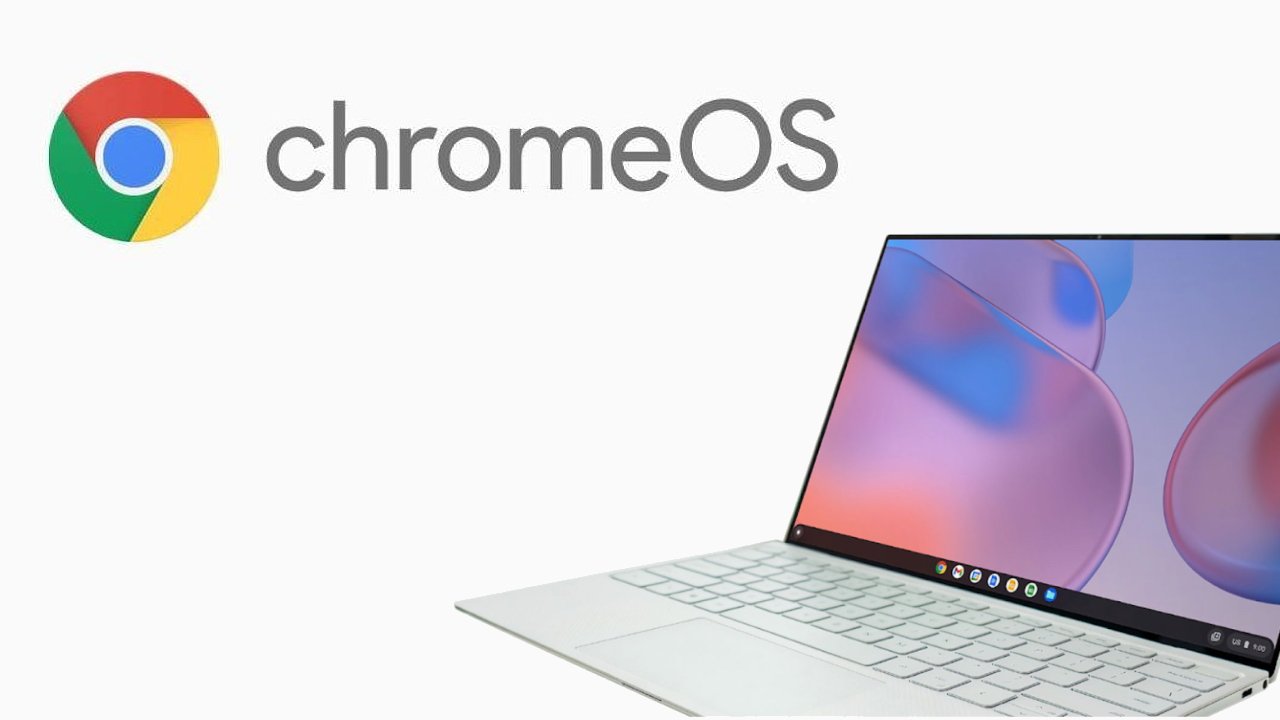
Google is rolling out ChromeOS Flex as an enterprise option to replace operating systems on old Macs and PCs, letting users turn their aging hardware into Chromebooks.
As computers age, a lot of problems can arise that affect performance and stability. This usually leads to businesses replacing a computer entirely rather than dealing with poor performance.
With ChromeOS Flex, Google hopes to help businesses keep older computers around for longer. The lightweight operating system is designed to work well on older hardware to extend the life of a product, which can lead to reduced e-waste.
The OS can be quickly deployed via a USB stick or over a network connection. Systems running ChromeOS Flex can be managed via a Chrome Enterprise Upgrade using the Google Admin Console.
Google has approved 295 devices so far for ChromeOS Flex. However, it can be installed on other hardware, but non-certified hardware may run into performance issues.
The officially supported Macs include:
| Model Name | Current Status | End of Support |
|---|---|---|
| 21.5-inch iMac (2010) | Certified | 2024 |
| 21.5-inch iMac (2011) | Minor issues expected | 2024 |
| Mac mini (2014) | Certified | 2026 |
| MacBook (2010) | Minor issues expected | 2023 |
| MacBook Air (2012) | Certified | 2025 |
| MacBook Air (2014) | Certified | 2026 |
| MacBook Air (2015/2017) | Certified | 2027 |
| 13-inch MacBook Pro (2012/2013) | Certified | 2025 |
| 15-inch MacBook Pro (2013/2014) | Certified | 2025 |
Google notes that the webcam is not functional for the MacBook Air (2014) or MacBook Air (2015/2017) models.
Users can install ChromeOS Flex and replace the original operating system, although it is also possible to partition the hard drive and install it as a separate OS. This is a system intended for deployment on aging enterprise hardware and is only available by signing up for early access, for now.